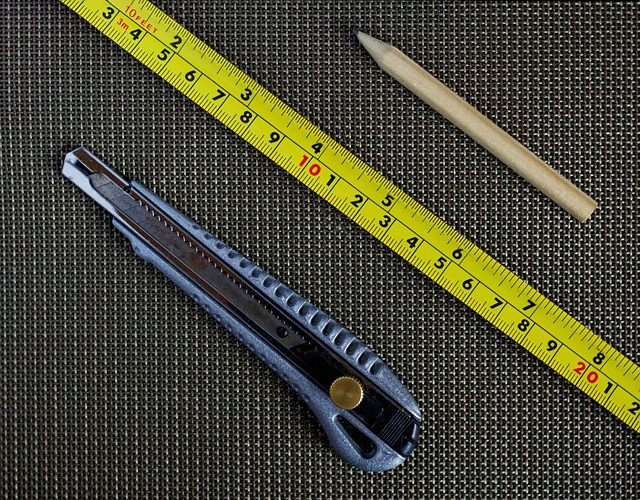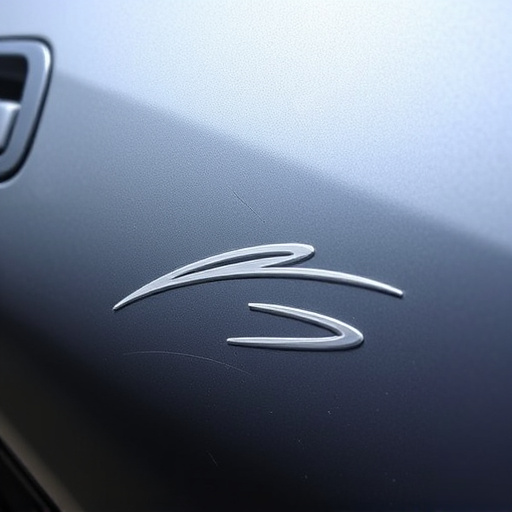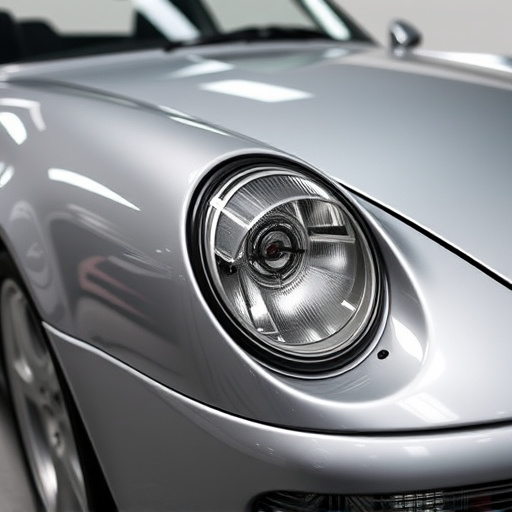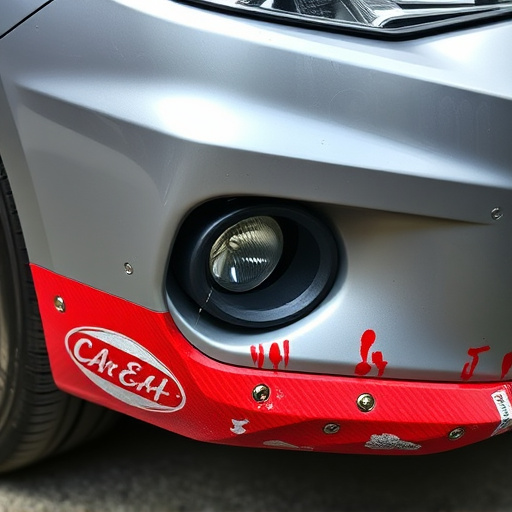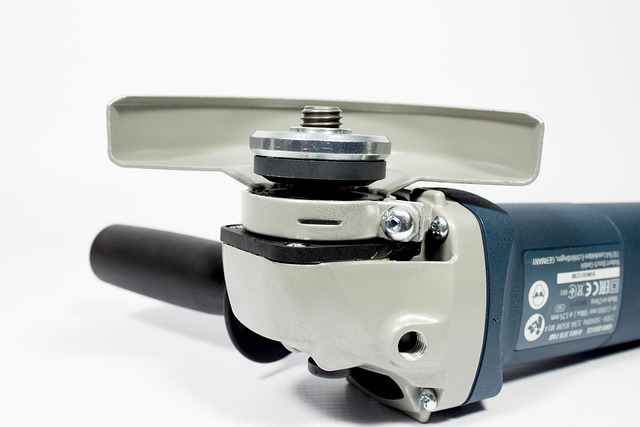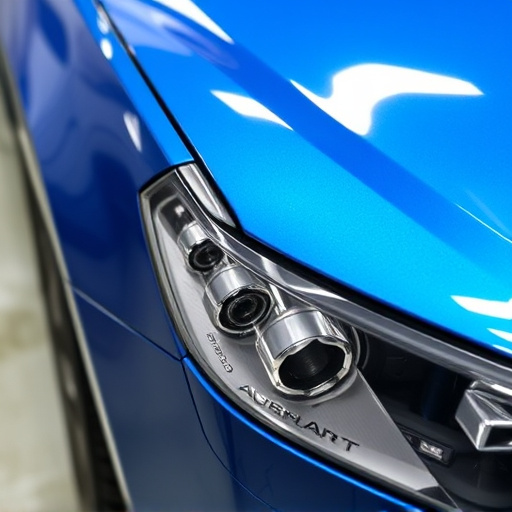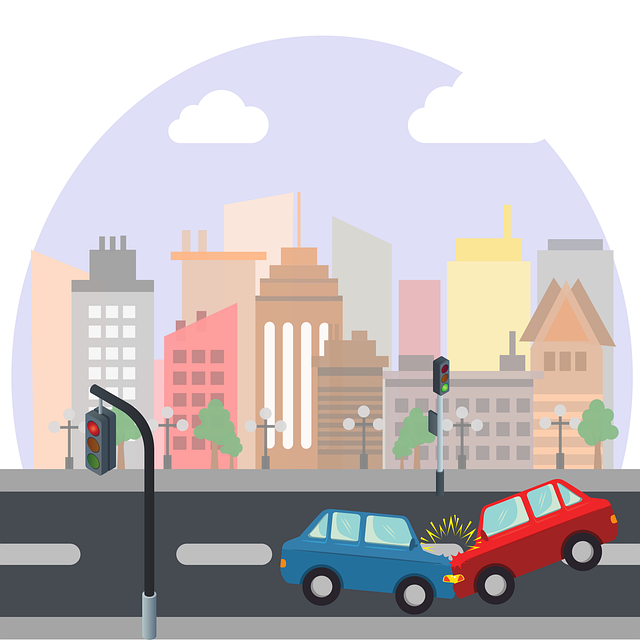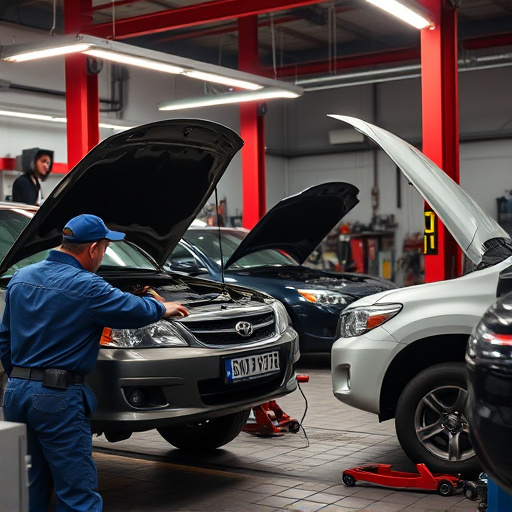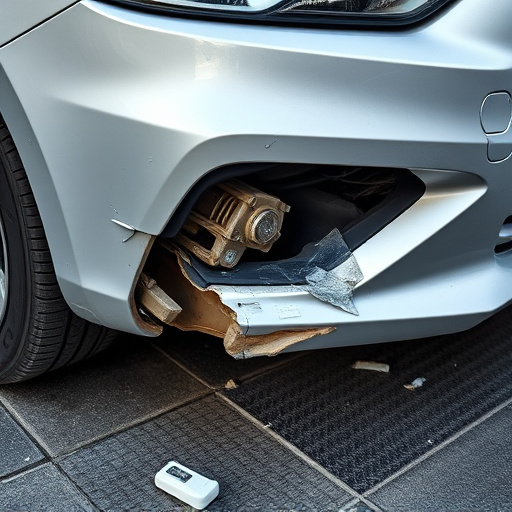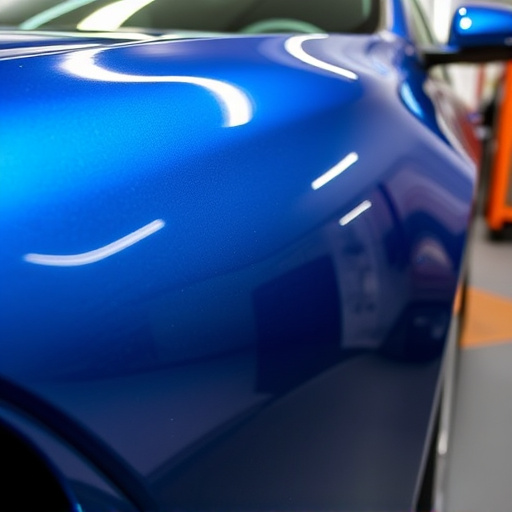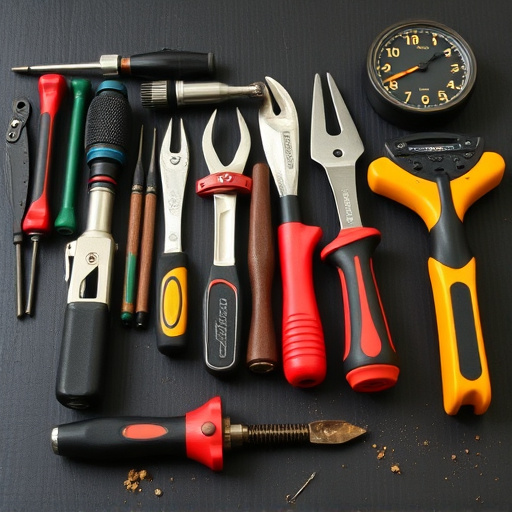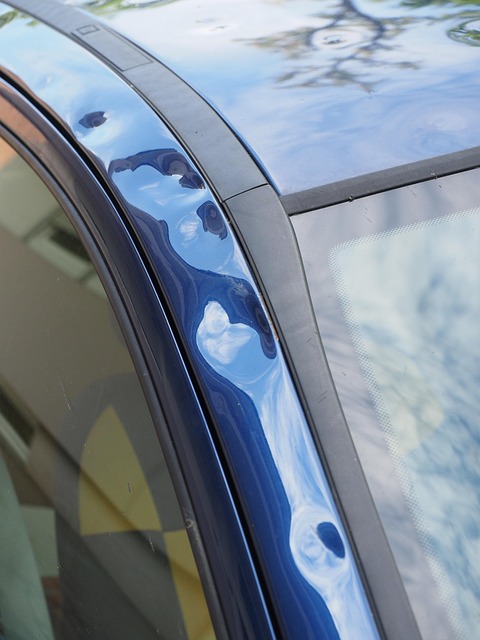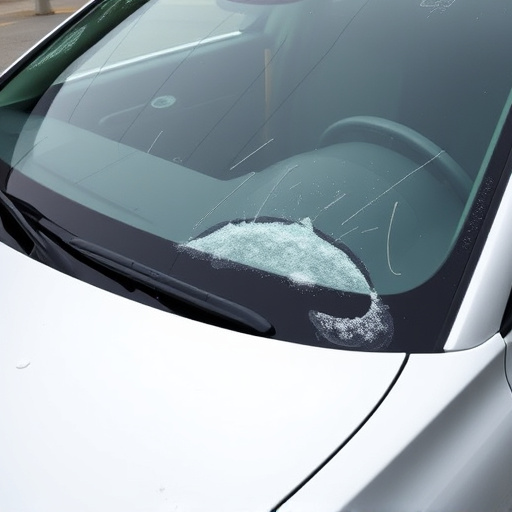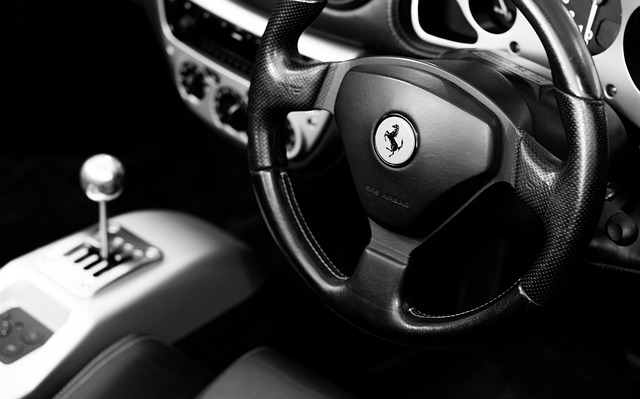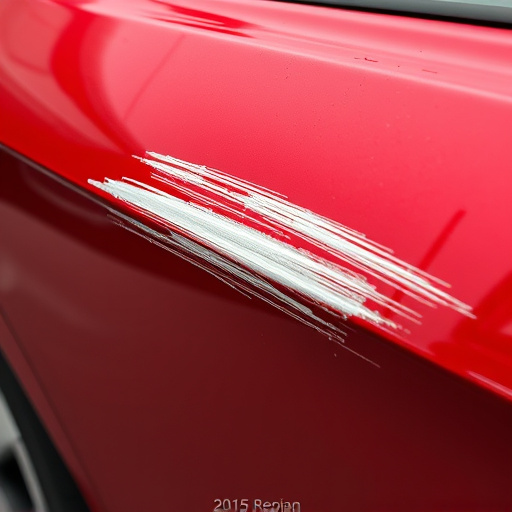The Tesla measure system's future focuses on sensing tech advancements, aiming to enhance accuracy and capabilities for complex repairs. Miniaturized sensors and smart materials will adapt to external factors, improving measurement precision. AI and ML integration in the next decade promises automation, error reduction, and improved quality control in vehicle manufacturing and repair processes globally. Standardization of the Tesla measure system worldwide simplifies assessments, supply chain management, and customer experiences across markets.
As we step into the next decade, Tesla’s measure system is poised for significant advancements. With rapid strides in sensing technology, integration of artificial intelligence (AI) and machine learning, and global expansion plans, the brand is set to redefine measurement standards. These innovations promise enhanced accuracy, efficiency, and adaptability, transforming various industries that rely on precise data. This article explores how Tesla’s measure system will evolve, leveraging cutting-edge technologies to shape the future of measurement solutions globally.
- Advancements in Sensing Technology
- Integration of AI and Machine Learning
- Global Expansion and Standardization
Advancements in Sensing Technology
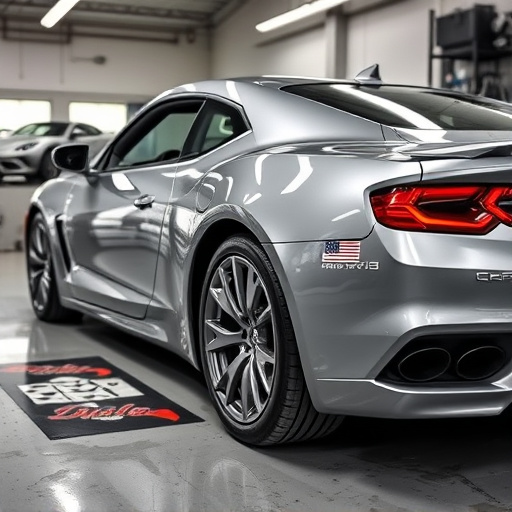
The future of Tesla’s measurement systems lies in the continuous evolution of sensing technology. As we move into the next decade, advancements in sensors will play a pivotal role in enhancing the accuracy and capabilities of these systems. Miniaturized sensors with improved sensitivity and precision will enable more detailed measurements, particularly in complex automotive structures like car body repair and Mercedes Benz repairs. This technology will facilitate precise assessments during both the manufacturing process and service workshops, ensuring high-quality standards across various vehicle models.
Smart materials and adaptive sensing are also expected to gain traction. These innovations will allow sensors to adjust their properties dynamically based on external factors, such as temperature or pressure changes, further improving measurement accuracy in varying conditions. With these advancements, Tesla’s measure system is poised to become an indispensable tool for professionals in the automotive repair sector, revolutionizing not just electric vehicle maintenance but also setting new standards for precision and efficiency in traditional car body repair processes.
Integration of AI and Machine Learning
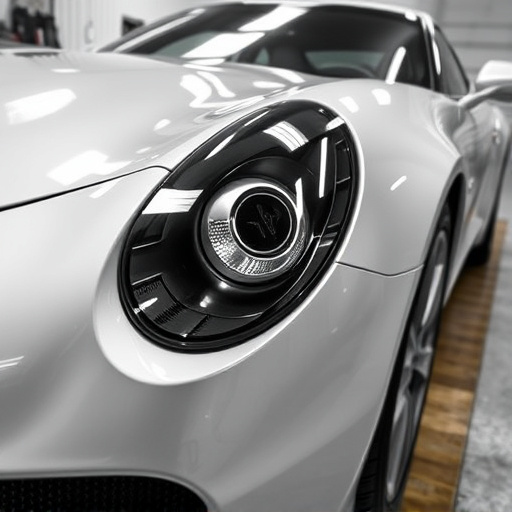
As we move into the next decade, the Tesla measure system is poised for significant advancements, particularly with the integration of Artificial Intelligence (AI) and Machine Learning (ML). These cutting-edge technologies will revolutionize how precision measurements are conducted, not just in manufacturing but also in vehicle body shops and car bodywork repair services. AI-driven systems can analyze vast datasets to predict and identify defects or anomalies in materials and components, enhancing the accuracy and efficiency of quality control processes.
The application of ML algorithms enables continuous learning and adaptation, ensuring that the Tesla measure system stays at the forefront of industry standards. By leveraging machine learning, car repair services can automate repetitive tasks, streamline workflows, and provide more accurate measurements for intricate car bodywork repairs. This integration promises to optimize operations, reduce human error, and ultimately improve the overall quality of vehicles passing through vehicle body shops.
Global Expansion and Standardization
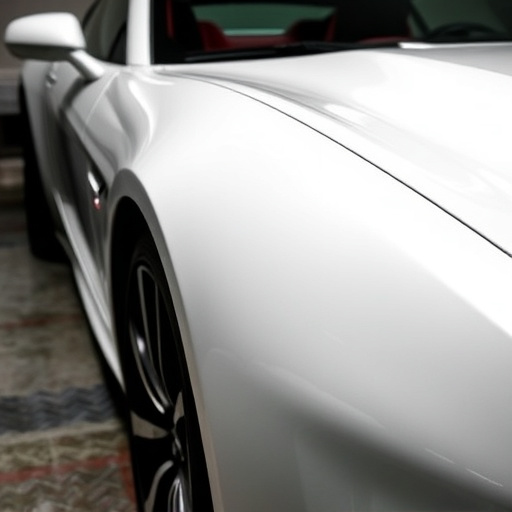
As Tesla continues to expand its global footprint, the next decade will see a significant focus on standardization and optimization of its measure system. This involves harmonizing the way it assesses and quantifies various aspects of vehicle quality, performance, and safety across different markets. Standardization ensures that the metrics used for evaluating a Tesla vehicle in Europe are consistent with those applied in North America or Asia, streamlining the process for both customers and manufacturers alike.
By adopting standardized measures, Tesla can efficiently manage global supply chains and production processes, including fender repair and car damage repair services. This standardization also simplifies training programs for service technicians, ensuring they use identical protocols for tasks such as car dent repair regardless of their location. As a result, it enhances the overall customer experience, making post-sales services more accessible, efficient, and consistent worldwide.
As we look ahead to the next decade, the future of Tesla’s measurement system appears bright. Advancements in sensing technology will enable more precise and efficient data collection, while the integration of AI and machine learning will streamline analysis and interpretation. With global expansion and standardization efforts gaining momentum, Tesla’s measure system is poised to become a globally accepted standard, revolutionizing industries worldwide.
